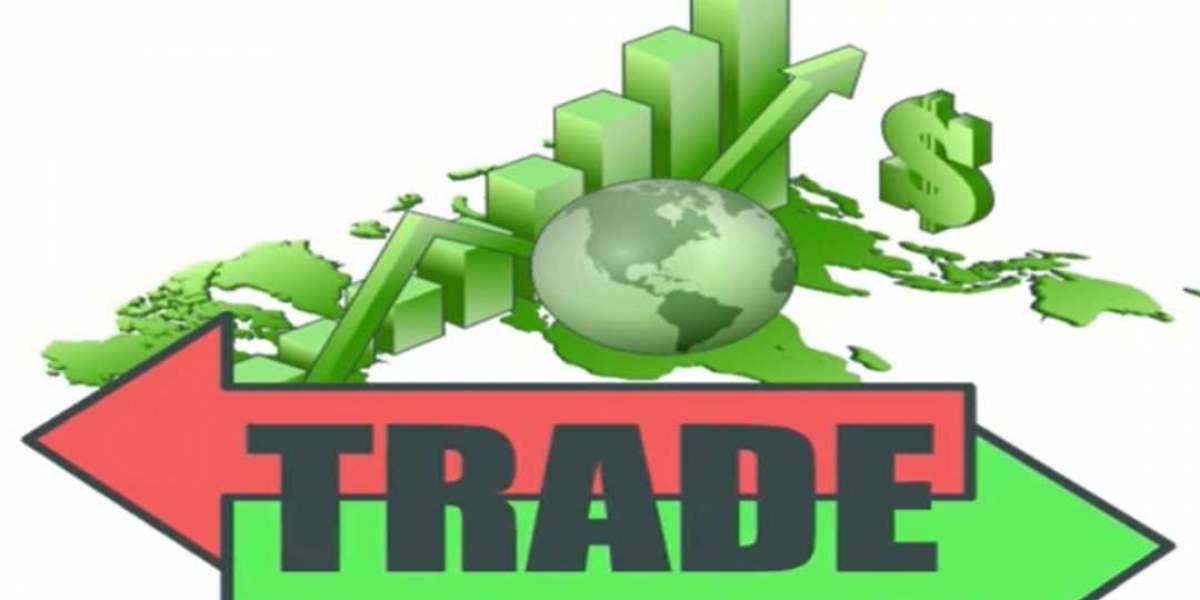Economics is a social science that studies the behavior of individuals, businesses, and governments in allocating scarce resources to meet their needs and wants. It provides insights into how goods and services are produced, distributed, and consumed in a society. Economics covers a broad range of topics, including microeconomics, macroeconomics, international trade, finance, and public policy.
Microeconomics focuses on the behavior of individuals and firms in making decisions about what to produce, how to produce it, and for whom to produce it. It deals with topics such as market structures, pricing strategies, consumer behavior, and the role of government in regulating markets. Microeconomics is concerned with the efficient allocation of resources and the maximization of individual and societal welfare.
Macroeconomics, on the other hand, focuses on the overall performance of the economy, such as economic growth, inflation, and unemployment. It deals with topics such as fiscal and monetary policy, international trade, and economic development. Macroeconomic policies are designed to stabilize the economy and ensure sustainable growth over time.
International trade is the exchange of goods and services between countries. It plays a vital role in global economic development, creating opportunities for growth and reducing poverty. International trade allows countries to specialize in the production of goods and services that they are efficient at producing and import those that they are not. This specialization leads to higher efficiency and lower costs, which ultimately benefits consumers through lower prices and more choices.
International trade also promotes economic growth by creating new markets for goods and services, increasing competition, and encouraging innovation. It can also lead to job losses in some industries and job gains in others. However, overall, international trade has been shown to have a positive effect on economic growth and development.
Finance is the study of how individuals and firms manage their money and assets. It includes topics such as investments, banking, financial markets, and risk management. Finance is essential for businesses to operate, as they need to access capital to finance their operations and investment activities. Financial markets play a crucial role in the allocation of capital, allowing investors to buy and sell financial assets such as stocks and bonds.
Public policy refers to the actions taken by governments to achieve specific objectives such as economic growth, social welfare, and environmental protection. Public policy can affect the economy in various ways, including the regulation of markets, the provision of public goods and services, and the distribution of income and wealth. Public policy can also influence economic growth and development by promoting innovation and investment, improving education and training, and reducing poverty.
Trades, on the other hand, refer to the exchange of goods and services between two or more parties, often involving money as a medium of exchange. Trades occur in various forms, including domestic trade, international trade, and e-commerce. Domestic trade refers to the exchange of goods and services within a country, while international trade refers to the exchange of goods and services between countries. E-commerce refers to the buying and selling of goods and services over the internet.
Trades play a crucial role in economic development, allowing individuals and businesses to access goods and services that they need to satisfy their needs and wants. Trades also create opportunities for economic growth by creating jobs and promoting innovation. However, trades can also have negative consequences, such as job losses and environmental degradation.
In conclusion, economics and trades are essential components of modern societies. They provide insights into how individuals, businesses, and governments allocate resources to meet their needs and wants. Economics covers a broad range of topics, including microeconomics, macroeconomics, international trade, finance, and public policy. Trades refer to the exchange of goods and services between two or more parties, often involving money as a medium of exchange. Trades play a crucial role in economic development, creating opportunities for growth and reducing poverty. However, they can also have negative







